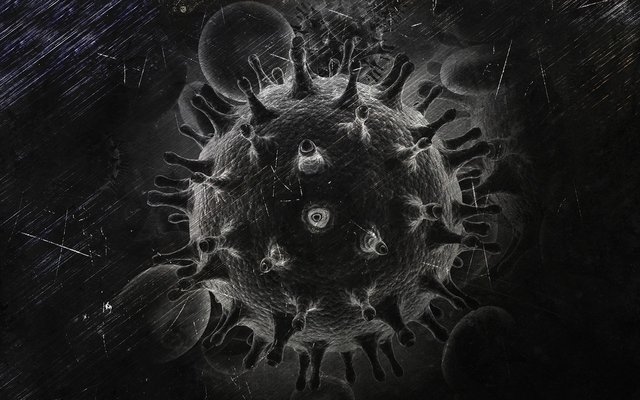Experimental HIV vaccines prepared by Moderna
The biotechnology company Moderna, the same which we all know thanks to the pandemic, began testing in humans for its HIV vaccine last week. It will be using messenger RNA (mRNA), as does in the covid vaccine.
According to the National Institutes of Health research registry, clinical trials will continue until spring 2023. 56 HIV-negative participants between the ages of 18 and 56 will take part. They will receive one or two applications of mRNA that most possibly will help the body to defend itself against HIV infection.
All the previous vaccines against HIV which failed the tests were using inactivated forms of the virus. Virus HIV mutates dynamically though, so none of them managed to stimulate the proper immune response. Instead, Moderna's drug will contain one of two different types of mRNA: mRNA-1644 and mRNA-1644v2. The mRNA could also allow scientists to make adjustments to the vaccine more easily.
The mRNA platform facilitates the development of vaccines against variants as it only requires updating of the coding sequences in the mRNA that encode the variant.
Says Dr. Rajesh Gandhi, infectious disease physician and president of the HIV Medical Association. This is especially helpful for HIV as the virus is known to have mutated to at least 16 known variants.
Moderna mRNA vaccines finished phase I trials earlier this year. Phase I studies checks safety by applying different dose strengths and looking at interactions between the body and the drug. Phase II checks the overall effectiveness of the vaccine, and Phase III will compare the safety and efficacy of the new vaccine with current HIV-preventive drugs.
If the vaccine passes the Phase III tests, Moderna may submit its tests for approval to the US Food and Drug Administration (FDA). The FDA will then conduct Phase IV: general testing and cost analysis. If successful, the vaccine could be widely available, helping to end an epidemic that has been going on for over 40 years.
Did this post interest you? Read more here:
Clinical Trials Arena article
SFIST article
science alert
Smithsonian magazine
Thank you for reading,
@papi.mati
